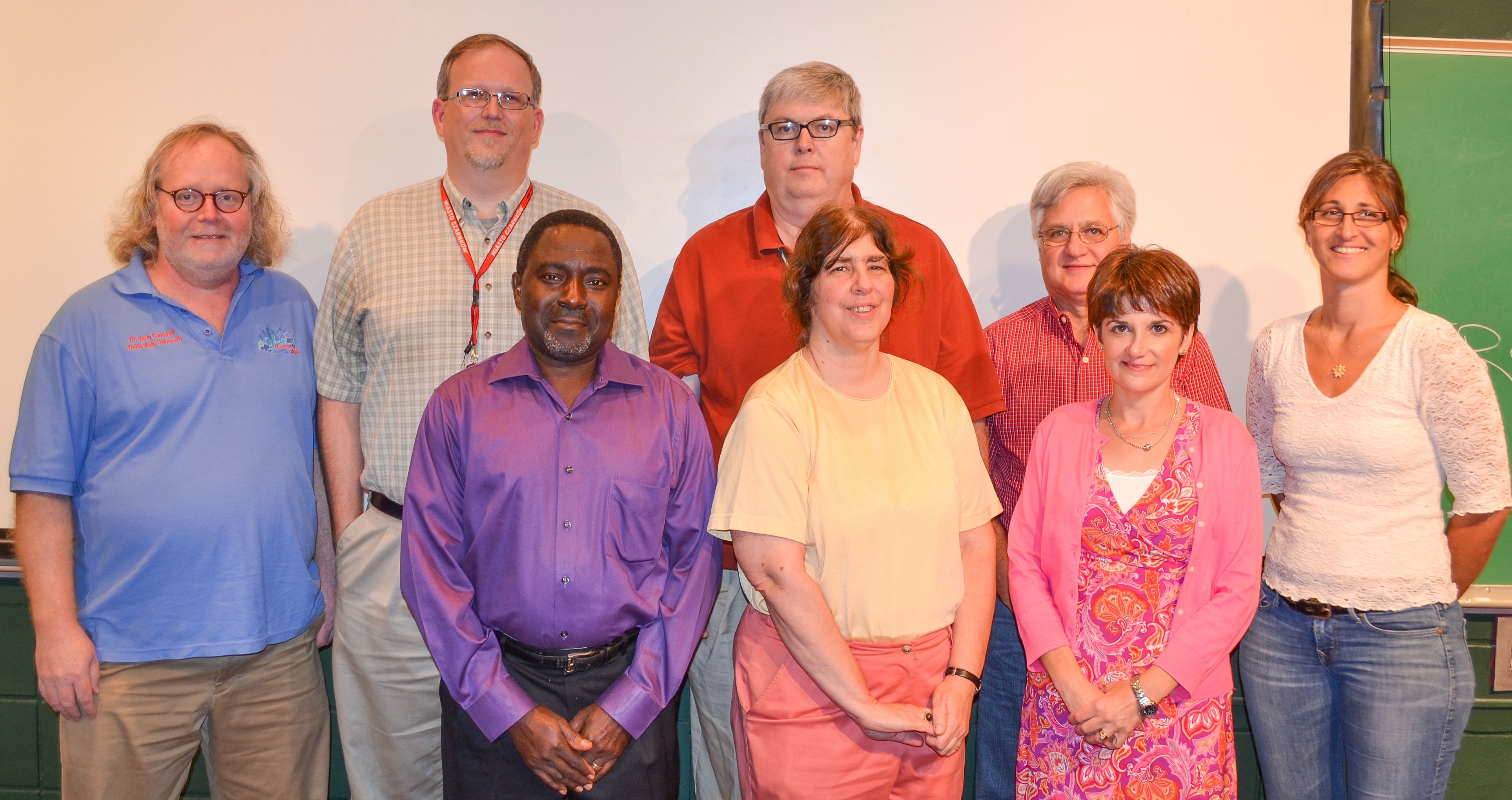

The National Science Foundation (NSF) recently approved a grant award of over $208,000 to the Delta State University Division of Biological and Physical Sciences to go towards the purchase of a Scanning Electron Microscope.
Acquiring an SEM will facilitate diverse scientific research investigations pertaining to biology, chemistry and environmental science at Delta State and will be utilized by professors and students.
“We were pleasantly surprised when we got the news,” said Dr. Nina Baghai-Riding, professor of biology and environmental science, and one of the grant application leaders. “In the past, Mississippi State brought the their portable SEM to our campus for a day. It will help significantly having one here full time.”
The SEM magnifies images up to 50,000 times normal size, allowing users to see all kinds of features unseen by the naked eye. The microscope also comes with an energy dispersive x-ray system attachment.
“This will help with research throughout the science department — a lot of different courses will be able to incorporate it,” added Baghai-Riding. “Our students that have used an SEM before have seen how beneficial it can be. We know what this is capable of.”
The instrument will be part of regular classroom curriculums in anatomy and physiology, parasitology, plant anatomy, environmental chemistry, cell biology and more.
“More student research will come as a result of this,” said Baghai-Riding. “It will be a great asset and help students become more employable than they are now.”
In addition, faculty and staff from neighboring institutions such as Mississippi Delta Community College, Coahoma Community College, Mississippi Valley State University and the USDA-Agricultural Research Station will be able to use the SEM.
Obtaining the device will also help recruit and retain faculty at the university with expertise in specialized scientific areas.
The National Science Foundation is an independent federal agency that supports fundamental research and education across all fields of science and engineering. The NSF’s Major Research Instrumentation Program serves to increase access to shared scientific and engineering instruments for research and research training by assisting institutions and scientific organizations with the acquisition or development of a shared research instrument.
As a result of Delta State’s NSF award, Baghai-Riding said the entire Mississippi Delta will benefit and scientific literacy of the community will be greatly enhanced.

